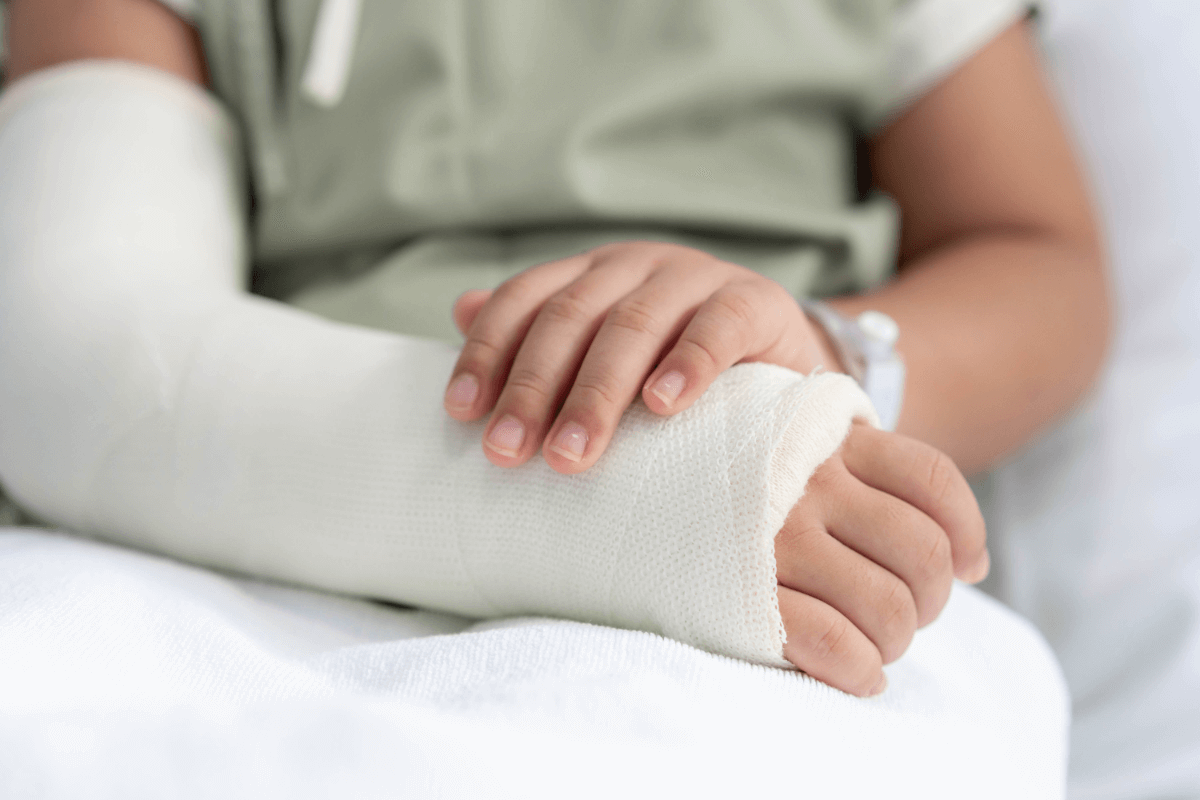
Many people who are injured after an accident wonder, “What is a ‘personal injury’?”
A personal injury is defined as an act that is prohibited by law and results in injury to someone. The harm can be physical or mental. The harm can also be interference with a person’s convenience, damage to their reputation, or result in catastrophic injuries. Injury victims have the legal right to be compensated by the wrongdoer. Exercising the right to compensation involves going through the personal injury claim process.
6 Personal Injury Examples
There are many different reasons that wrongful deaths and personal injuries occur. Some examples of include:
-
Drunk drivers failing to yield and running into your car;
-
Long haul truck drivers falling asleep at the wheel and weaving into the wrong lane, and hitting the car beside them;
-
Defective brakes on a car causing a driver not to be able to come to a stop, which causes them to hit the car in front of them;
-
A store owner failing to repair a loose step, causing a customer to slip and fall;
-
An open well on a property being uncovered with no fencing or signage to warn people in the area could result in a personal injury or even wrongful death;
-
Failure to mark exit doors properly, which means that in a fire, people inside a theater could not find their way out and were burned
Understanding Personal Injury Law in Texas
In a Texas personal injury lawsuit, the injured party must adequately prove all of the legal components before they are entitled to collect compensation for their personal injury damages. In rarer cases, punitive damages may apply. The injured party must be able to produce evidence that proves:
- Negligence – the appropriate standard of care was not met
- Proximate cause – the injury was a foreseeable consequence of the negligence
- Injury – the injury resulted from the negligence
- Damages – the injury caused personal losses
If someone fails to act with the same caution that an ordinary person would, and that failure results in injury, it could be viewed as negligence under Texas law. For example, if you were injured at work, you may have a valid claim against employers and/or others on a jobsite who are not maintaining a safe work environment and/or properly training workers to appreciate the risks of their jobs.
Intentional Wrong Actions Can Result in Criminal Penalties
Personal injuries can also occur as a result of intentional – as opposed to accidental – actions by others. Intentional actions often also result in criminal penalties for the offender. Damages may be increased where conduct is intentional to discourage the wrongdoer from similar behavior.
Fault Impacts Compensation in Texas
Having fault for an accident or injury can limit or even bar an injured person from recovering compensation.
In Texas, a personal injury claimant must have no more than 50% responsibility for causing their injuries in order to receive compensation.
Any percentage of fault attributed to an injured person will proportionately reduce the amount that can be recovered for their injuries.

The personal injury attorneys in Houston at Dax F. Garza, P.C. are experienced in negotiating with insurance companies and familiar with their tactics. Take advantage of a free consultation where our lawyers can give you the best chance of recovering all the compensation you are entitled to.

